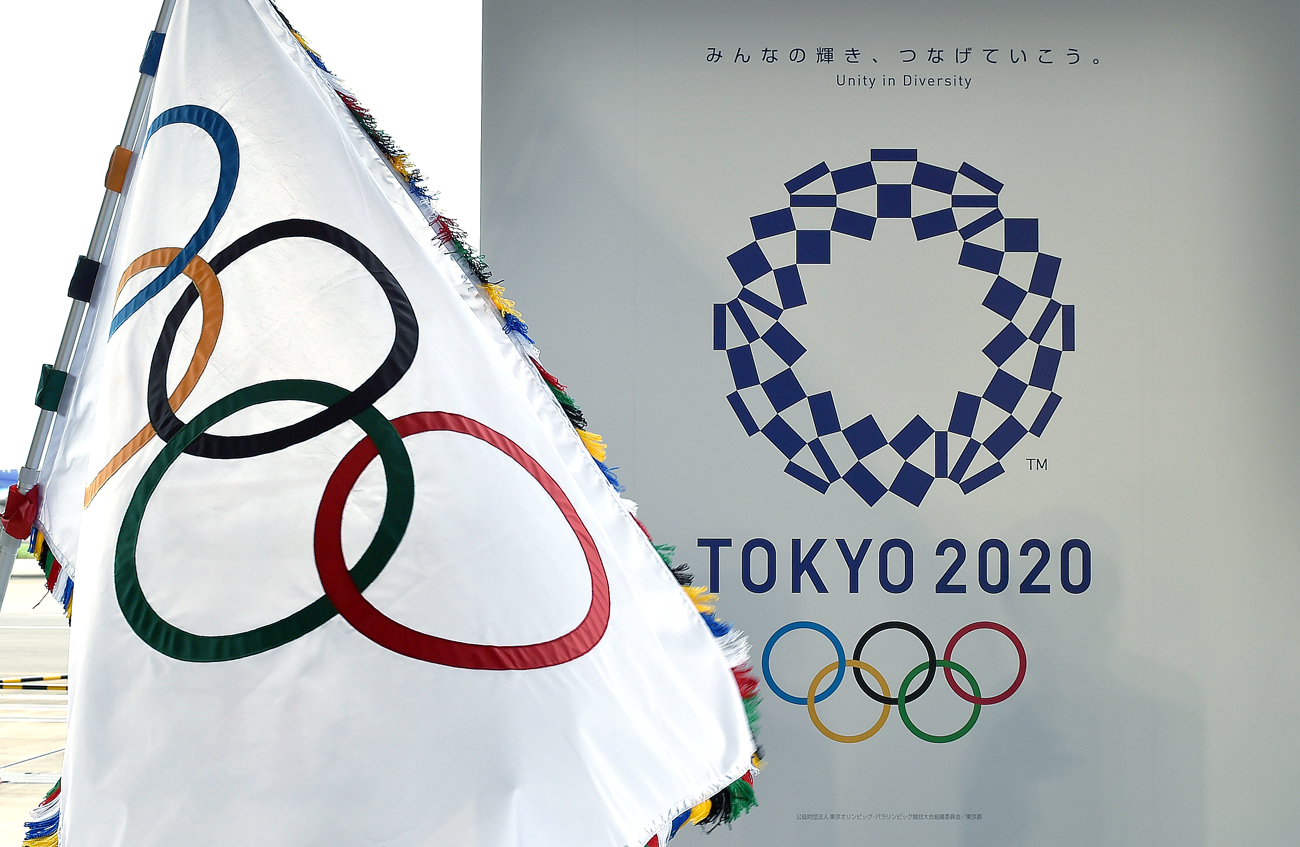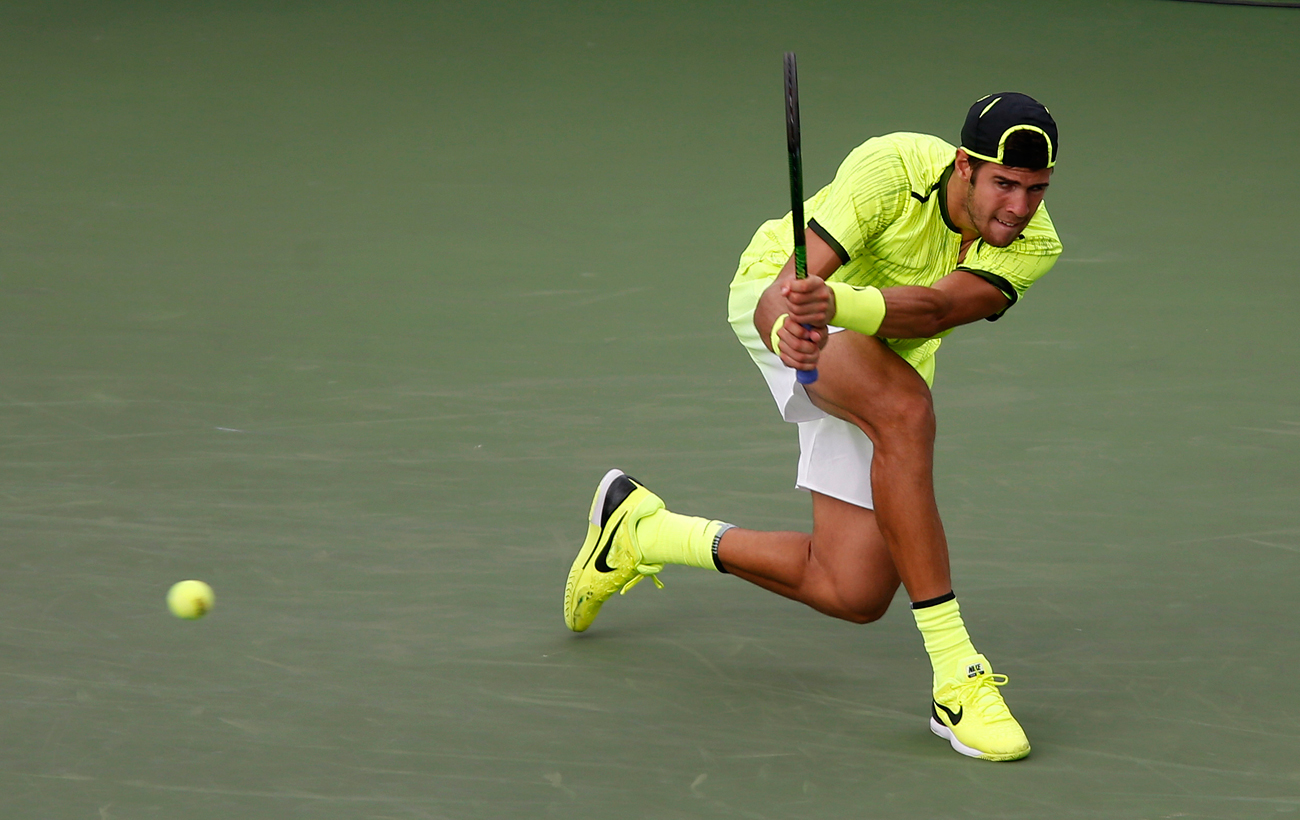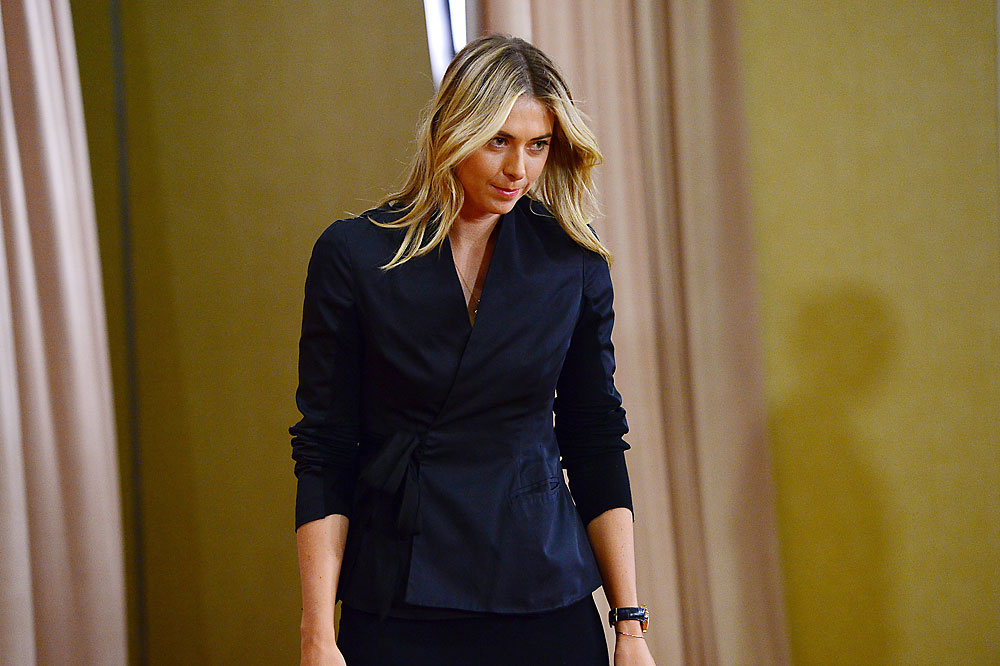Tokyo 2020: Which new sports offer Russia a chance of Olympic glory?

The Olympic flag (L) and the logo of the Tokyo 2020 are displayed during the official flag arrival ceremony at the Tokyo's Haneda airport.
AFP/East NewsAt the Rio Olympics, Russia – surprisingly – won medals in disciplines where previously the country was not that strong: archery, cycling track, taekwondo and sailing. Those Games are over but Russia’s athletes are determined to continue getting out of their comfort zone by mastering new sports.
The 2020 Olympics in Tokyo will have five new disciplines: sport climbing, karate, surfing, skateboarding and baseball/softball. According to (in Russian) the president of the Russian Olympic Committee, Alexander Zhukov, Russian athletes have good chances of achieving success in sport climbing and karate, with potential medalists building up their expertise at international events that are already under way.
Sport climbing: Masters of three disciplines
Russian climbers have a good record and enjoy recognition from fellow athletes in this field. At the world championship in Paris in September, the Russian national team bagged seven medals. In speed climbing, the gold went to Anna Tsyganova, who continued Russian women climbers’ winning streak in this discipline, building on victories in 2011, 2012, and 2014.
In addition to speed climbing, the other two sport climbing disciplines are lead climbing and bouldering. At the Tokyo Olympics, each climber will be required to compete in all three disciplines.
The only Russian climber to have won in all three disciplines is 16-year-old Yelena Krasovskaya. She will be Russia’s main hope in Tokyo, head of the Russian Federation of Sport Climbing Dmitry Bychkov told RBTH.
Krasovskaya, who despite her young age already has a 2015 European championship gold medal in speed climbing and a 2015 world championship silver medal in bouldering under her belt, is expected to be at the top of her form in Tokyo.
“The peak age in this sport is 20-28. That is why we’re pinning our hopes on young athletes,” said Bychkov. “In addition to Krasovskaya, there’s also Dmitry Fakiryanov, who is now 22. Three-times world champion in bouldering Dmitry Sharafutdinov is already 30, so it will be tougher for him.”
While Russian climbers currently have to train abroad – in Austria, Germany, Slovenia, and France – Bychkov is confident that this will soon change.
“In Soviet times, the best training facilities were in Crimea. Now that the peninsula is part of Russia, they should be restored,” he said.
Karate: ‘Amazing young athletes’
“We shall do everything to win Olympic gold medals,” said the newly elected president of the Russian Karate Federation, Sergei Tsoi, who is convinced (in Russian) that Russian karateka are capable of surprising Japanese fans of the sport.
Russian athletes have won at major events in both Olympic disciplines: kata (a demonstration of attacking and defending movements against an imaginary opponent) and kumite (sparring with a real opponent).
The Russian team’s established leader is Inga Sheroziya, 37. A three-time world champion, she currently tops the WKF (World Karate Federation) ranking in the under 68-kg weight class for women. The team has younger stars too, like 23-year-old Ivanna Zaitseva. Last year, she won a bronze medal at the European Games in Baku and silver at the European championship in Istanbul.
Inga Sheroziya's winning fight. Source: Nikaclub/YouTube
That said, the balance of power in world karate may change after the upcoming world championship, to be held in the end of October in Linz, Austria. Russian sports officials plan to use the tournament as a testing ground for many young athletes who do not yet have international experience.
“Tournaments give athletes experience, make them recognizable to the judges, which is very important because, subconsciously, judges have more affinity with internationally recognized athletes,” former head of the Russian Karate Federation Sergei Sokolovsky said back in August, as quoted (in Russian) by the TASS news agency.
“We have amazing young athletes, amazing potential, and we have high hopes for them,” he said.
Skateboard and Co: A new start in life
Out of the three remaining new sports at the Tokyo Olympics, Russia can hope for medals only in skateboarding. Over the past several years, three Russian skaters have made a name for themselves at international events: Maxim Kruglov, Gosha Konyshev, and Dmitry Dvoinishnikov.
Several skate parks have opened in Moscow recently, while in 2015 the Russian capital hosted a World Cup Skateboarding event – signs that this sport is gaining recognition in the country.
Surfing, meanwhile, was recognized as an official sport in Russia only in 2015. So it would perhaps be premature to cherish Olympic medal hopes there yet. There is a lack of infrastructure, so it is not surprising that most Russian surfers train in Bali.
Lastly, baseball in Russia is still a pursuit for amateur enthusiasts. This year’s national championship had just 10 teams competing in it, so there are few grounds to expect success in this sport for Russia any time soon.
Read more: WADA protests over decision to host World Biathlon Championship in Russia>>>
Subscribe to get the hand picked best stories every week
All rights reserved by Rossiyskaya Gazeta.
Subscribe
to our newsletter!
Get the week's best stories straight to your inbox

